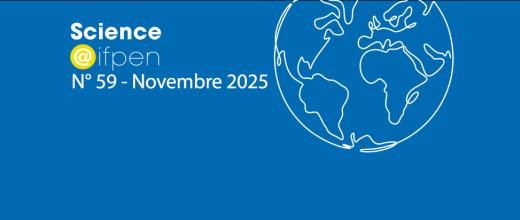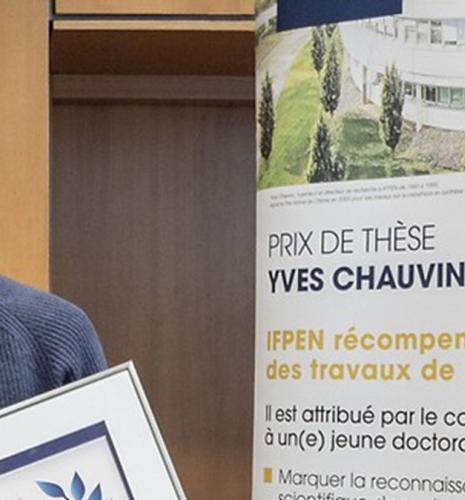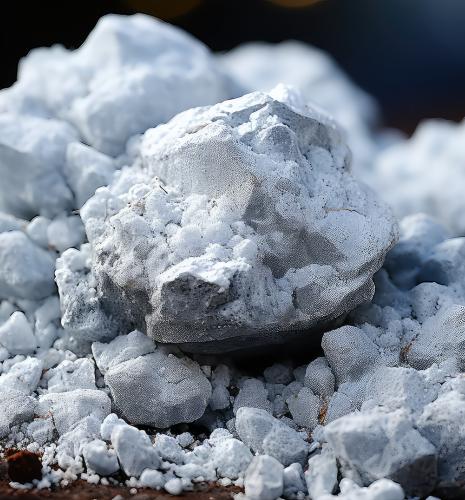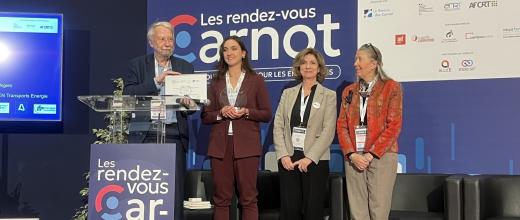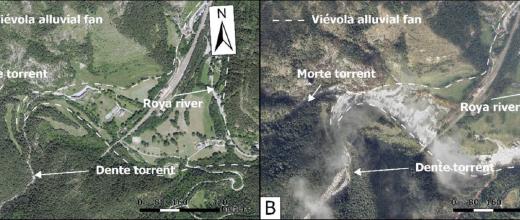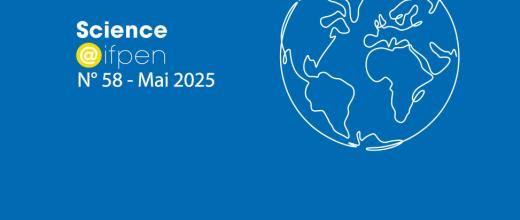Focus on...
2025 Yves Chauvin Prize: interview with the winner, Nicolas Fintzi
Nicolas Fintzi, winner of the 2025 Yves Chauvin prize, received his award at a ceremony held at IFPEN’s Rueil-Malmaison site on 27 November. The award was in recognition of Nicolas’ research focusing on gaining a better understanding of the buoyancy-driven droplet flows found in many chemical engineering processes, such as gravity separators and liquid-liquid extractors. Interview with the winner.
Metal criticality: what assessment criteria should be used?
The concept of critical raw materials initially referred to materials that were essential to national security but for which supply was limited. It has since been expanded to include needs associated with the energy and digital transitions, reflecting the increased demand for metals such as lithium, copper, and rare earths. In a context of geopolitical tensions, identifying and securing access to these resources has become a strategic priority for governments and businesses. But how should criticality be assessed? A thesis conducted at IFPEN offers a detailed examination of the issue, highlighting its complexity.
Thesis prize: marine life to the rescue of reinforced concrete structures
Contribution of machine learning to the oxidation stability of hydrocarbons
The hydro-sedimentary and geomorphological impact of storm Alex on the Roya catchment area (Alpes-Maritimes, south-east France)
Pagination
Pagination
FUNDAMENTAL RESEARCH, THE BUILDING BLOCK FOR FUTURE INNOVATION
Objectives pursued, scientific challenges to be overcome, partnerships proposed: watch a video on IFPEN’s fundamental research strategy.
To find out moreResearch in a few figures
-
 1,095R&I engineers and technicians
1,095R&I engineers and technicians -
 30%of budget dedicated to fundamental research
30%of budget dedicated to fundamental research -
 9disciplinary fields
9disciplinary fields -
 15active fundamental research framework agreements
15active fundamental research framework agreements



